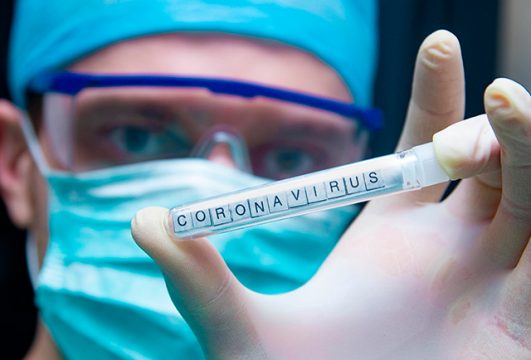The answer is incontrovertible: it is undeniably effective. For all ages, the confirmed COVID19 and severe case rates were significantly lower for patients who had received the BNT162b2 (Pfizer/BioNTech) booster dose vs individuals with only two shots.

After the initial promising results of the mRNA COVID-19 vaccine booster dose given to +60 men and women, Israel decided to gradually extend the vaccination scheme to younger people who had received the second dose at least 5 months earlier.
They gathered data from more than 4.5 million 16-year-olds or older who had received the second shot at least 5 months earlier.
They carried out two analyses: on primary analysis, they looked at confirmed COVID-19, severe illness and death rates of people who had received the third dose at least 12 days earlier (booster group) against those with a conventional 2 shot scheme. They also did a secondary analysis for people receiving the booster shot between 3 to 7 days earlier (early post booster group).
Confirmed case rate was lower for the booster group vs those receiving two shots by a factor of approximately 10. Confirmed cases were fewer in the booster group than in the early post-booster group.
Read also: Pfizer Booster Dose Efficacy against Omicron.
Rates of severe illness in both analyses resulted lower for the booster group by a factor of nearly 20. This factor resulted higher for the elderly (over 20 for the +60 population vs. 3.7 for those between 40 and 59 years of age)
Conclusion
Across all ages, the confirmed or severe COVID-19 case rates resulted significantly lower among people receiving the booster shot vs people receiving the conventional 2 shot scheme.
nejmoa2115926Original Title: Protection against Covid-19 by BNT162b2 Booster across Age Groups.
Reference: Yinon M. Bar-On et al. N Engl J Med. 2021 Dec 23;385(26):2421-2430. doi: 10.1056/NEJMoa2115926.
Subscribe to our weekly newsletter
Get the latest scientific articles on interventional cardiology





